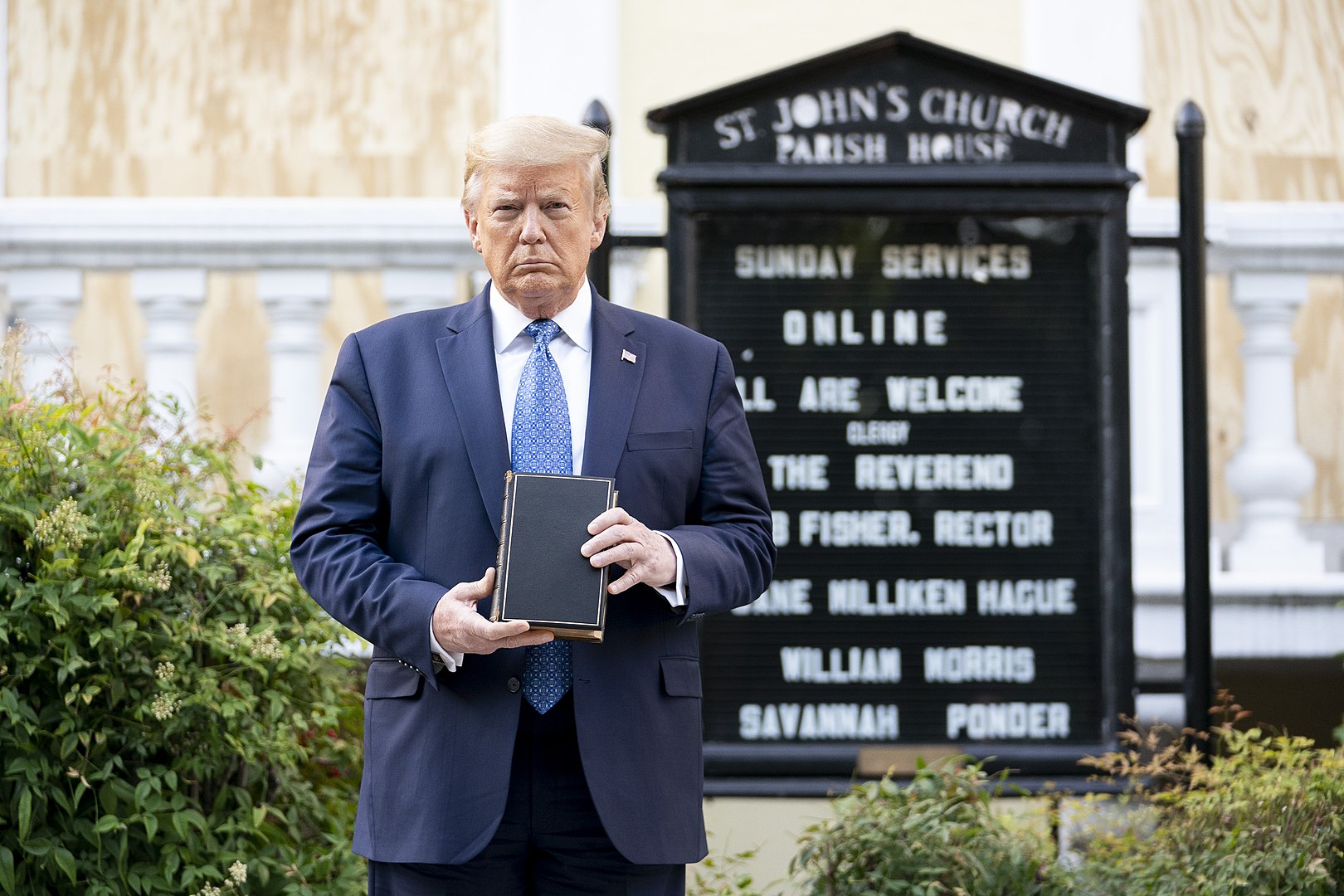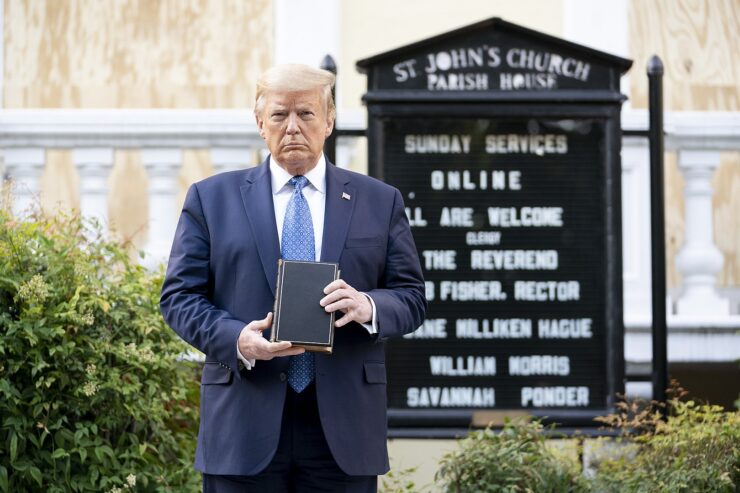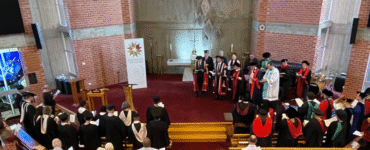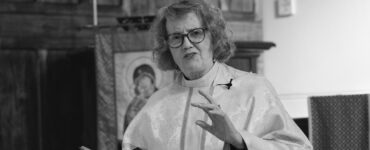Associate Professor Robert Myles, Dean of Research and Associate Professor of New Testament
Wollaston Theological College, University of Divinity
It’s federal election time and although people often say religion and politics shouldn’t mix, this hasn’t stopped politicians from using the Bible to appeal to voters, shape narratives, or justify their agendas. So, who really gets to lay claim to scripture?
Prime Minister Anthony Albanese has called the Australian federal election for May the 3rd. While his political approach has tended to avoid intertwining his Catholic faith with his office, perhaps in contrast to former PM Scott Morrison’s more overt Pentecostal enthusiasm, we should still be on the lookout for biblical references and allusions during this election period and beyond.
In fact, the Bible is frequently thrown around as a prop in contemporary politics across many Western democracies. The U.S. President Donald Trump, who now sells his very own God Bless the USA Bible, quite literally brandished a Bible as a prop when he took a photo op after having law enforcement clear protestors from Lafayette Square opposite the White House in June 2020. To use the Bible in this way is to claim a piece of its authority and to harness some of its enduring power. Such uses of the Bible can have significant payoff among certain constituencies and is done on all sides of politics.

Given this, the Bible can and should be examined not just as a religious text, but as a tool wielded in the game of politics. Scholars of the Bible who have studied its reception in contemporary political discourse—including in countries like England, the USA, Norway, Aotearoa New Zealand, and Australia—often speak of different ‘Bibles’ at play. Each of these ‘Bibles’ claim to represent what the Bible really means, but they’re often based on a shallow reading of selected passages.
For example, in 2021, former U.S. Vice President Kamala Harris came under scrutiny when she said that getting vaccinated was ‘the very essence of what the Bible and so many faiths tell us, in the importance of our role and our power when we say, “Love thy neighbour”.’ While vaccination is important, it’s a bit of rhetorical overreach to assert that the ‘very essence’ of the Bible is really about vaccination. This shows how politicians will sometimes invoke the Bible to support their own agendas, regardless of whether it’s entirely accurate.
In Australia, there are several different ways the Bible gets deployed in political discourse. I will mention just three: culturally, to uphold the democratic-establishment, and as a radical critique of power.
The Cultural Bible refers to the idea that the Bible underpins Western society and culture. This invocation assumes that the Bible is part of our great literary heritage and is important for understanding Western civilisation and cultural identity, irrespective of personal religious beliefs. Meredith Lake in her book The Bible in Australia: A Cultural History (2018) suggests that while the Bible is not, of course, inherently Western, ‘the Bible’s potency in Australia, and the longevity of its influence, has stemmed partly from its European – and more specifically its British – cultural associations and credentials’ due in large part to the legacy of colonisation (pp. 10-11).
The Democratic-Establishment Bible goes further than the Cultural Bible by suggesting that the Bible upholds modern democratic values like free speech, individual conscience, justice, law, consensus, tolerance, and rights. Furthermore, despite coming from a completely different political and cultural world, the Bible is sometimes believed to lay the foundation for our entire modern Western system of laws and government. Something of this use could be at play in Australian politician Peter Dutton’s somewhat vague claim in his 2024 Easter Message that Jesus’ ‘values of service and humility, gratitude and forgiveness, tolerance and love have shaped democratic nations and peoples, including our own country, our institutions and our national character.’
On the other hand, the Radical Bible suggests the Bible is really about revolutionary transformation. The Radical Bible promotes values and actions like political liberation, the redistribution of wealth, confronting abuses of power, and siding with the poor and oppressed. In Australia, the Palm Sunday marches for refugee justice exemplify this, with participants displaying signs with Bible verses like Hebrews 13:2: ‘Do not neglect to show hospitality to strangers, for by doing that some have entertained angels without knowing it’. While the broader context of this biblical passage suggests hospitality is envisioned among Christ believers only—Hebrews does not recommend a general love of humankind, but a ‘mutual affection’ of brothers and sisters—such exegetical details are of little concern. The crux here as elsewhere lies in how the Bible’s authority is being harnessed to bolster various political agendas, which, despite their shared reliance on scripture, are often at odds with one another.

Associate Professor Robert Myles specialises in the New Testament and Christian origins. He is Dean of Research at Wollaston Theological College. Originally from Aotearoa New Zealand, before joining the University of Divinity in 2021 he previously held research and teaching positions at the University of Auckland and then Murdoch University in Perth, Western Australia.







[…] Read: Election 2025: Why the Bible is Still a Political Power Play […]